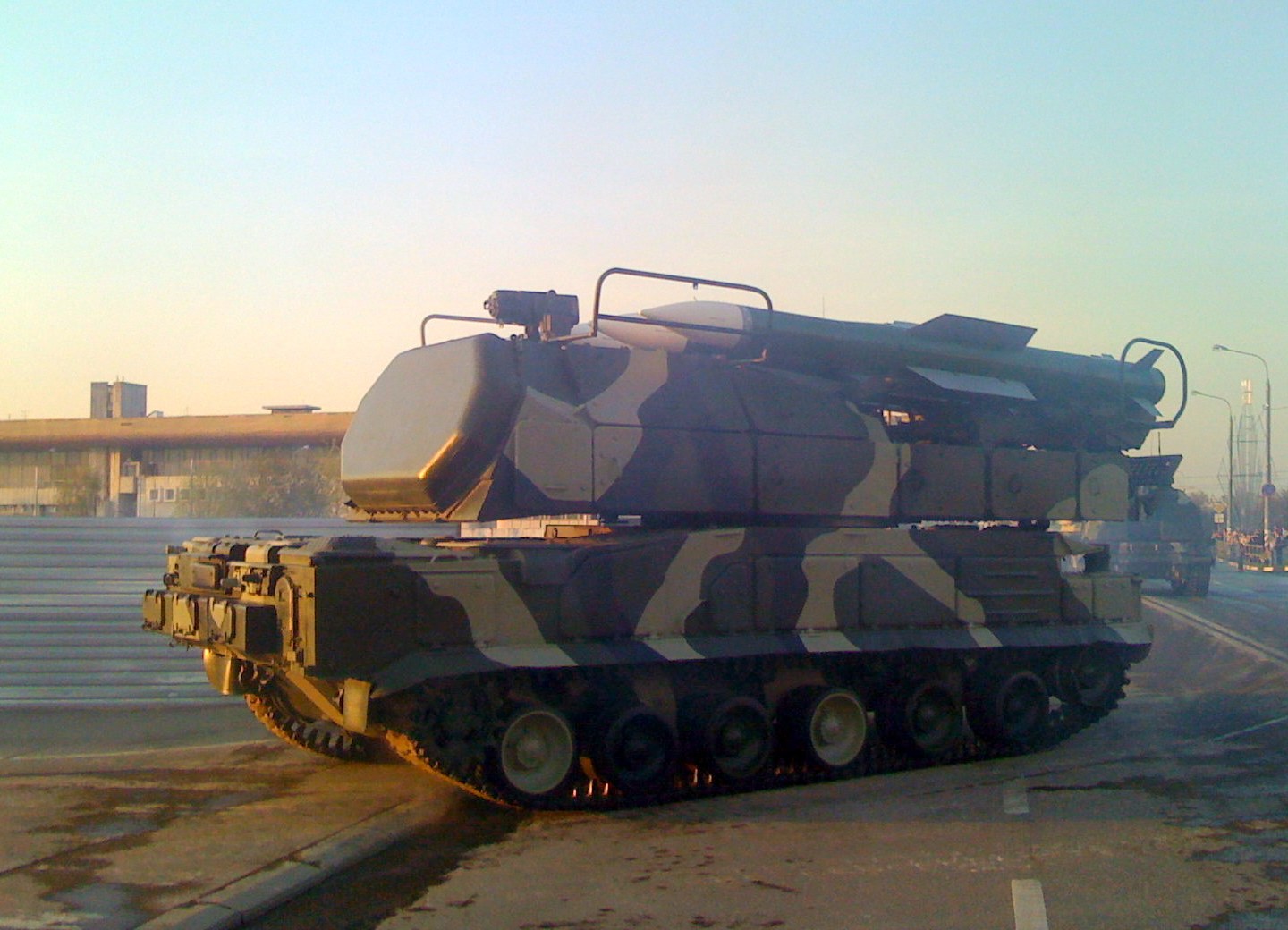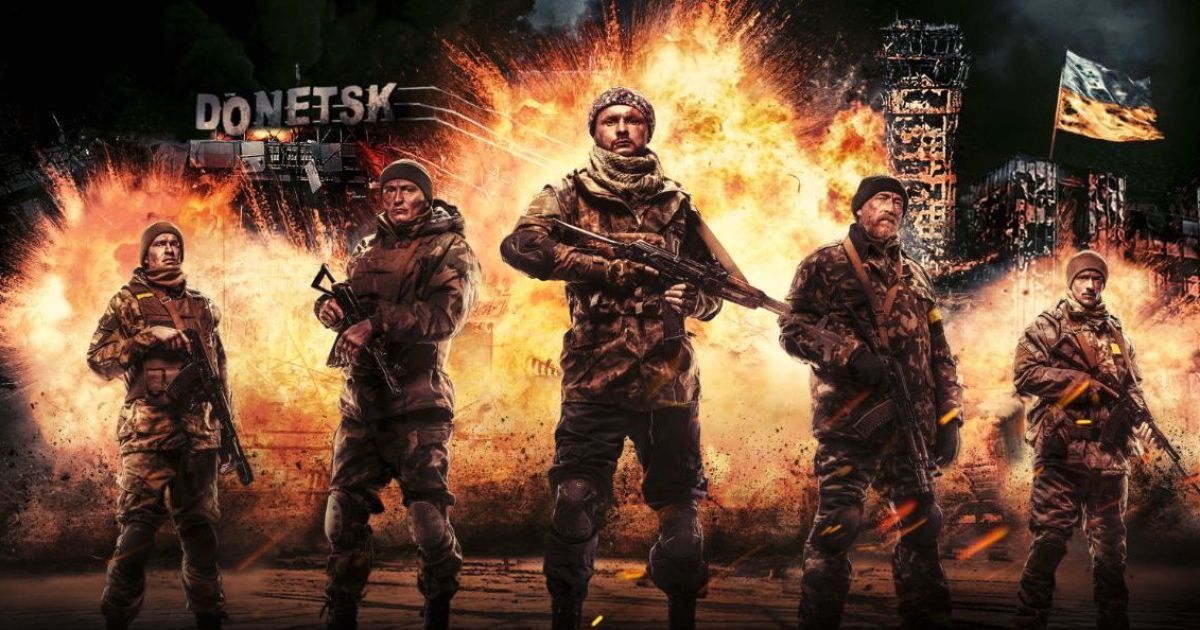"I was collecting heads and hands and the insides of my brothers in arms"
It is not uncommon to find reports in the mass media about Ukrainian soldiers abusing alcohol, especially from the complaints of those who live in that territory of Donbas closest to the front lines. Often there is a good explanation for this bad habit, and the reason is usually because a soldier cannot come to terms with what he has experienced in war.
Take, for example, a member of Aidar, Bohdan Barinov, who spent a month in a drunken stupor. As reported by Patrioty Ukraine, with information also provided by other Ukrainian press, he was self-medicating in order to forget his experience of collecting the body parts and insides of his brothers in arms, killed and dismembered by the terrorists.
In the town of Schastia, during a televised forum on the subject, Ukrainian soldiers shared their experiences during the war in Donbas. One of the participants was a reservist with Battalion Aidar, Bohdan Barinov, also known as Bodia Bieshiennyi (wearing dark glasses in the photo.) He explained what happened shortly after the group “Hrysli” vanished. He entered into talks with the terrorists for the purpose of coming to an agreement on the exchange of the bodies of their casualties, the "cargo 200’s". These talks were very tense, and in fact several times the terrorists threatened to kill Barinov. Finally Motorola had a change of heart and gave permission for the bodies to be collected.
Barinov was overcome with horror at what he witnessed. “I picked up hands and heads of these men, who only a few days ago had been speaking with me. I was drenched in their blood. In total I gathered together the remains of 24 men. I didn’t think I could ever survive such an experience. The separatists opened the bodies of these men, and hung their insides in the trees as a form of terror. It was my job to collect these remains into bags,” the soldier explained, his lips quivering.
Other soldiers who have been serving with Barinov confirm his account and say that they fully expected him to lose his mind after what he lived through. He spent an entire month drinking continually, trying to forget about this, they said. After a while they removed Barinov from active duty and placed him in reserve. He couldn’t simply leave the army because that would be classified as desertion.
Additionally, his situation is an example of what Bohdana Badykh with the Institute for Political Studies describes as evidence both of the inhumanity of the terrorists but also the inhumanity of the military bureaucracy in its treatment of reservists who have similar experiences to those of Bodia Bieshiennyi. “He has received no financial compensation because of his status in the reserves. His annual salary was UAH 15,000 (approx. $725). Currently he is living in Schastia... I hope his plight receives lots of publicity and that he no longer be bounced around like a soccer ball but instead that he have his case taken care of properly,” the political scientist stated.





